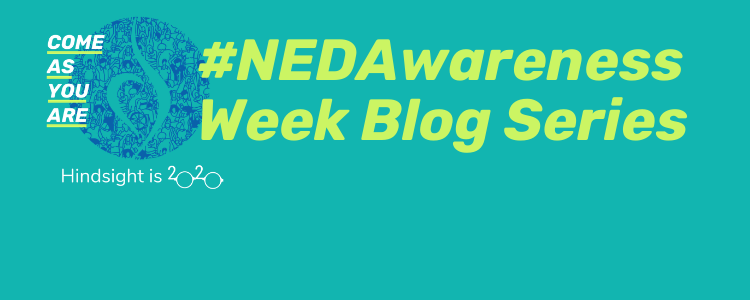Rethinking Healing Through the Lens of Harm Reduction
The past few years has seen a significant rise of the discussion on the ineffectiveness of diet culture and the harm of fatphobia. Thanks to social media and the work of many grassroots community members, eating disorders are being analyzed within a social justice framework. These changes have been motivating and life changing for many.
Staying abstinent or clear from all eating disorders behavior in the eating disorder recovery world is continuously pushed in social media and in treatment as the end goal. Although eating disorder awareness is expanding to include the experiences of historically underserved people, there is still a gap in the number between those who get treatment and those who don’t. The myopic and traditional approach to eating disorder recovery does not give enough awareness on relapses and other factors in folks’ distinct experiences.
Eating disorders relapses are seen as conversations to be held privately with a provider but what happens when there is no provider? What happens when an individual does not feel ready to commit to eating disorder behavior abstinence?
Being an eating disorders awareness activist, who also personally battles an eating disorder, I found myself feeling incapacitated and isolated. Eating disorder relapses are accompanied by disappointment and shame of no longer being able to say I am “recovered.” Not only have I had to deal with the reclusiveness of being a womxn of color with an illness still believed to predominantly affect white women but feeling that I had no community to explore the middle ground of recovery and relapsing.
I find myself thinking, are we failing to meet people where they are at when we reinforce a binary view of eating disorder recovery? Are we being truthful as educators, providers, and activists about the rates of relapses in the course of a person’s life? What happens when a person does not have access to treatment or is not ready to stop engaging in eating disorder behavior?
Can we support those who are not ready for eating disorder abstinence but are interested in treating the physical ailments associated with having an eating disorder?
Not addressing when people fall within an eating disorders gray area does not make the problem go away.
I have found myself feeling supported and empowered by adopting a harm reduction model for eating disorders. Harm reduction is made up of policies, interventions, and practical strategies that aim to reduce the harm associated with risky behaviors. Traditionally, harm reduction strategies have been applied to substance use and sexual health education and the benefits have included reduced HIV and Hepatitis C, reduced the number of used needles in public and reduced overdose deaths and other early deaths among people who use substances. Rather than placing all the focus on drug consumption sobriety, harm reduction emphasizes the measurement of health, social and economic outcomes.
Eating disorder harm reduction methods entail at-home and many times approachable steps for those living with eating disorders that can drastically improve quality of life, improve health, and prevent early deaths. The benefits of eating disorder harm reduction include:
- Reducing anxiety and depression associated with eating disorder
- Introduce self-care and recovery to folks who might not have otherwise
- Helps reduce stigma and build community
- Can improve provider-patient relationships and clinical care outcomes
- Can help reduce suicide rates
Harm reduction allows me to not fall deeper within my eating disorder, decreased my feelings of invisibility, and provided me with hope that I could get to a better place.
Ultimately, harm reduction is a humanitarian approach that reminds us that all people are deserving of compassion regardless if they have access to care and whether they are seeking recovery.
Harm reduction reminds us that grassroots community based health models are critical and that dominant medical eating disorder care must evolve to meet the needs of those most marginalized.
Find information about Gloria’s upcoming Harm Reduction Webinar here.
Gloria Lucas is a body-positive activist, entrepreneur, and a public speaker. In 2014, Gloria started Nalgona Positivity Pride – a Xicana-brown-indigenous body-positive organization that focuses on the link between historical trauma and eating disorders – after personally struggling with an eating disorder. Gloria’s work has been featured in the Huffington Post, NPR, Bitch Magazine, and The Body is not an Apology. She lives in Santa Ana.





